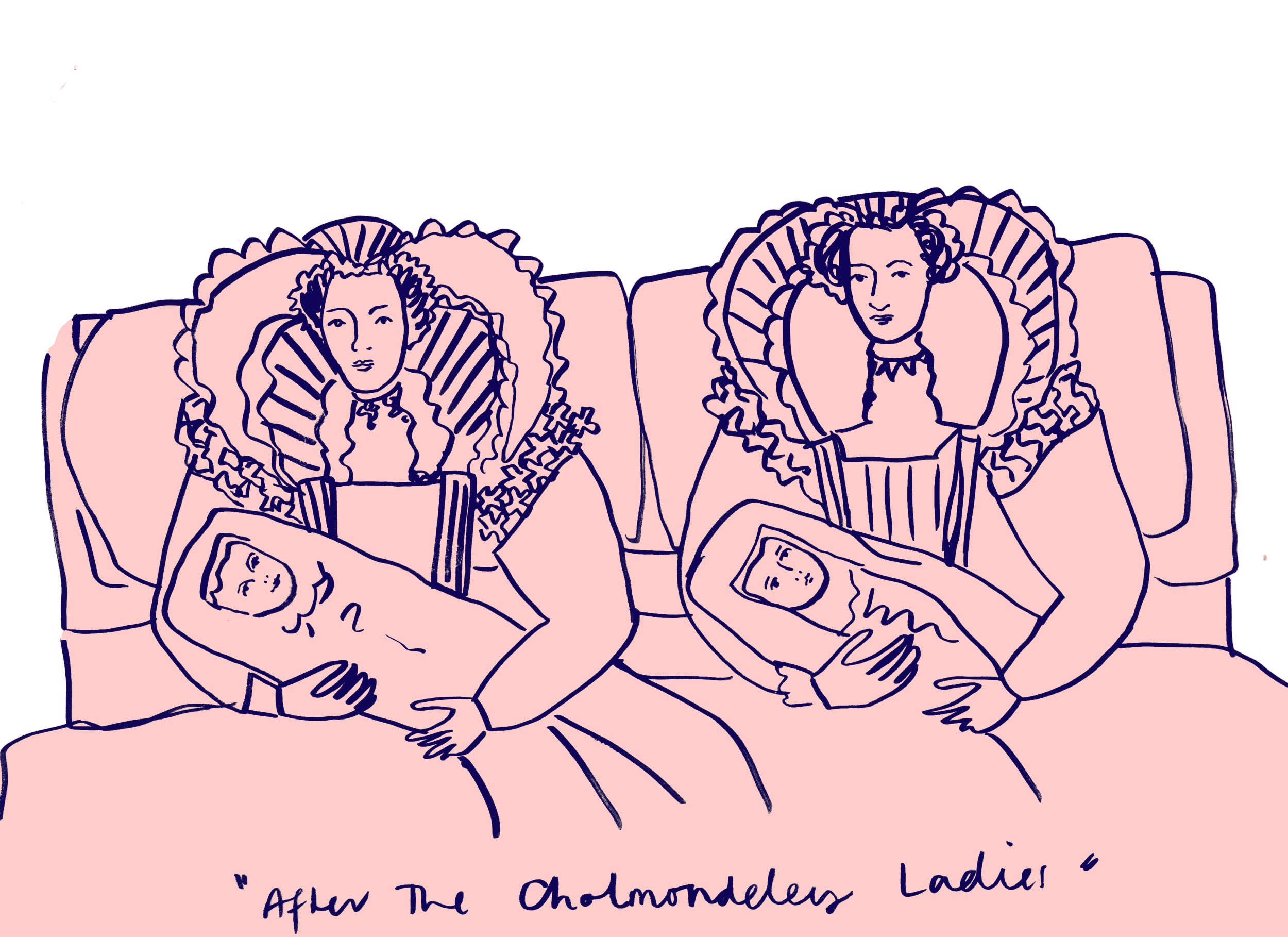Resources
In the UK, at least 1 in 4 women report that they find their birth traumatic.
That statistic translates to roughly 200,000 women a year.
Of these 200,000 women, 1 in 25 may go on to develop symptoms of Postpartum PTSD.
Source: Make Birth Better
Research in the UK indicates that women and birthing people with a history of previous trauma and/or mental health issues are more vulnerable to developing postpartum PTSD and postnatal depression.
Yet we have very little data available to help women and birthing people understand how traumas intersect in pregnancy, or know how best to manage and improve pathways of care when multiple traumas overlap in birth.
Birth partners, midwives, and medical professionals can experience birth trauma too!
Reading my book, you may find that your own difficult memories resurface. This can be an upsetting, destabilising experience, especially if you have not yet begun to heal after a traumatic event.
You may feel that you are coping excellently with traumas in your own life or you may feel adrift, uncertain of where to turn, numb, isolated or bereaved. Be kind to yourself, as you explore my work, and practice self-care. And remember: I am not an expert.
If you are pregnant, struggling with baby loss, or recovering postpartum, and are worried about your mental health or wellbeing, consider speaking to your midwife, health visitor, or GP.
They will be able to offer specific advice, and chart an individual program of care.
If you are interested in reading around the subjects of motherhood, trauma and recovery, I recommend (as a start):
Audre Lorde, Sister Outsider
Judith Herman, Trauma and Recovery
Bessel van der Kolk, The Body Keeps the Score
Rebecca Solnit, The Mother of All Questions
Julia Bueno, The Brink of Being: Talking About Miscarriage
Emma Svanberg, Why Birth Trauma Matters
There are so many excellent books out there. The joy is in the finding!
Here is a range of charities and organizations in the UK that could also be of service:
Rape Crisis provides information, help and support for victims of sexual violence.
The My Body Back Project in London and Glasgow, offers cervical screening, contraceptive care, STI testing and Maternity care to people who have experienced sexual violence. Their centres provide guidance and resources, along with appointments.
Five x More co-founded by Clotilde Rebecca Abe and Tinuke Awe in 2019, Five x More empowers Black women and birthing people to make informed choices and advocate for themselves throughout their pregnancies and after childbirth. While supporting mothers with campaigning work and recommendations, Five x More calls on the government to address stark disparities in maternal mortality and improve birth outcomes for Black women and birthing people across the UK.
Make Birth Better an expert-led campaign to make birth better for all. The organisation offers information and support for parents and professionals, spearheading research and upskilling training for Birth Trauma/ trauma awareness, with the aim of improving birth experiences and pathways for care in the maternity sector.
Birth Trauma Association provides resources, information, and guidance for women who’ve been through birth trauma via a volunteer team of peer supporters. Their website features links to diagnostic information, NICE regulation guidelines, leaflets, details of how to make complaints, and/or seek counselling or support, alongside a database of birth stories.
Miscarriage Association provide support and information to anyone affected by miscarriage, ectopic or molar pregnancy.
Birthrights is the UK’s only organisation dedicated to improving women and birthing people’s experience of pregnancy and childbirth by promoting respect for human rights. They provide advice and legal information to women and birthing people, train healthcare professionals to deliver rights-respecting care and campaign to change maternity policy and systems.
Twinstrust : This group was instrumental in getting me through pregnancy and the first years of raising twins. I made use of their twinline, a free service, for parents of multiples who want to chat or need a listening ear. The phone line is run by trained volunteers who are also parents of twins, triplets or more themselves.


